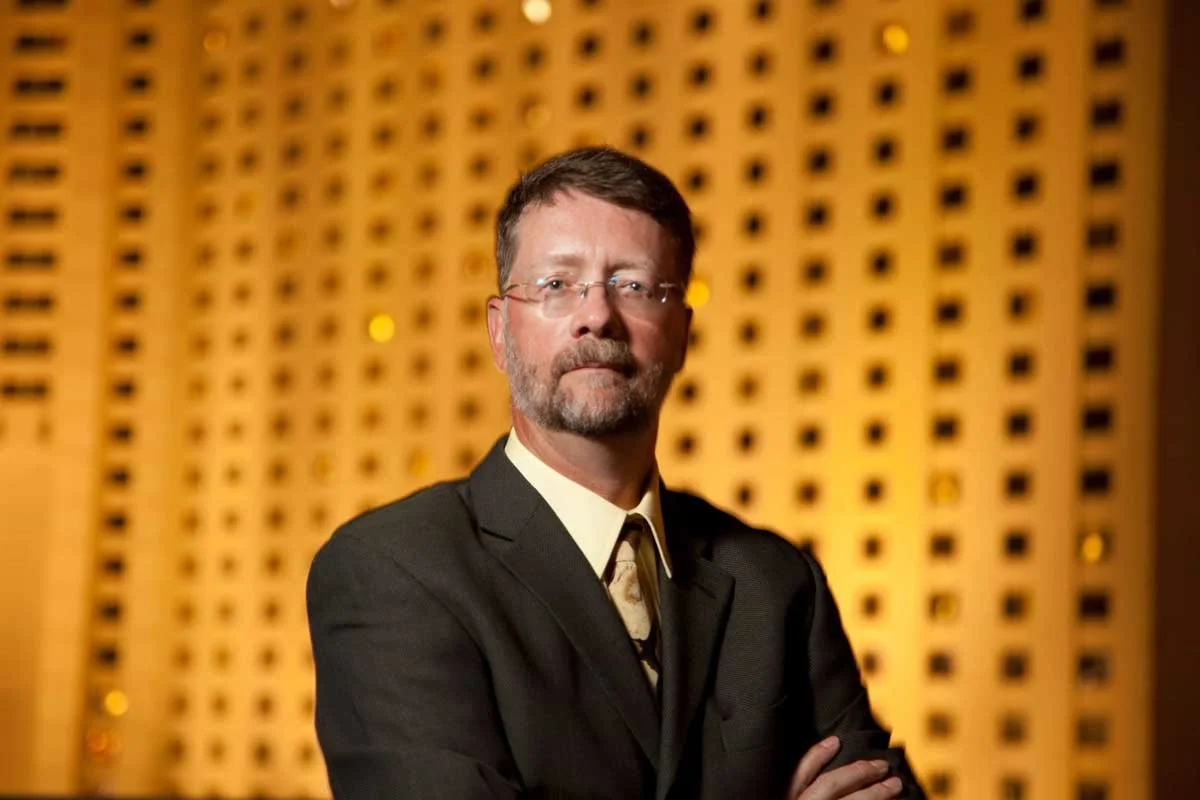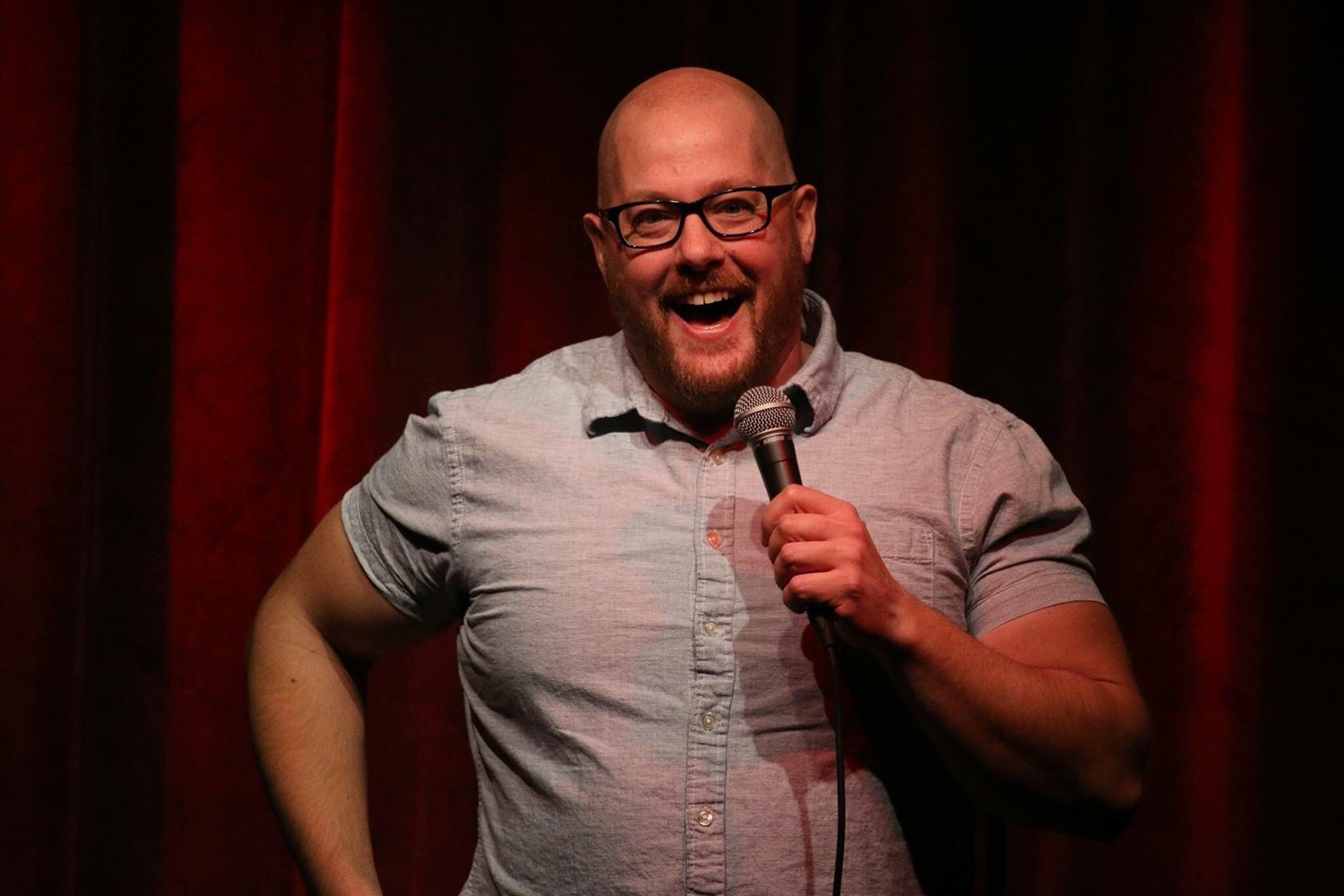Even the most casual listener of the show will know that Ed and Ron rail on the billable hour as modern day Marxist thinking. "Time is money!" defenders of the billable hour declare. No, no, no. In his recent book, Superabundance: The Story of Population Growth, Innovation, and Human Flourishing on an Infinitely Bountiful Planet, this week's Guest, Marion Tupy offered the idea that while time is not money, however, MONEY IS TIME. Get ready for some cognitive dissonance!
A bit more about Marian Tupy…
Marian L. Tupy is the editor of HumanProgress.org, a senior fellow at the Center for Global Liberty and Prosperity and co-author of The Simon Project. He specializes in globalization and global well-being, and politics and economics of Europe and Southern Africa. His articles were published in the Financial Times, The Washington Post, Los Angeles Times, The Wall Street Journal, The Atlantic, Newsweek, The U.K. Spectator, Foreign Policy and various other outlets both in the United States and overseas. He appeared on BBC, CNN, CNBC, MSNBC, FOX News, FOX Business and other channels. Tupy received his BA in international relations and classics from the University of the Witwatersrand in Johannesburg, South Africa, and his PhD in international relations from the University of St. Andrews in Great Britain. He is the co-author of an upcoming book, Ten Global Trends that Every Smart Person Needs to Know: And Many Other Trends You Will Find Interesting.
Use these show notes to follow along with the audio…
Segment one:
Welcome to Marian Tupy, the editor of HumanProgress.org, guest on episode 304, and co-author of a new book — #Superabundance https://www.amazon.com/Superabundance-Population-Innovation-Flourishing-Infinitely/dp/1952223393
The resources don’t change. The number of atoms on the planet are always the same. But our civilization is SO much richer than, say, during the cave man times. Why can’t we take this even further and create an even more abundant future?
1/2 Time is an independent variable. It does not change based on the environment and cannot be inflated the way dollars can be inflated. Inflation is a contentious measurement at best. Instead…
2/2 What is the price of a good in the 1850s and what were people making. Compare that to today and form a ratio. That is how Marian approaches the alternative to something like measuring inflation.
Time prices are superior to using real dollars or nominal dollars. A real price will only tell you if oil is more in dollars compared to 1960. But time price also tells you how much YOUR income has increases during that same period of time.
One of the great reasons that time prices are so cool is that they allow you to see the change in the standard of living between two periods of time. You can compare an American worker in 1850 to an American worker today.
Marian Tupy referenced Mark Perry’s chart of the century today during the show. Check out this link for the chart and thank you Mark! https://www.aei.org/carpe-diem/chart-of-the-day-or-century-8/
Did you know that there is a story about Time Prices in Mark Twain’s “A Connecticut Yankee in King Arthur's Court”? https://fee.org/articles/the-mark-twain-novel-that-contains-one-of-the-best-and-funniest-economic-lessons-in-all-of-literature/
Segment two:
1/2 Resources can increase at two different speeds: lower than the population rate or higher than population rate. So…
2/2 What is Superabundance? It happens when resources are becoming more abundant at a HIGHER rate than the population. All 18 data sets in Marian’s book fall into the superabundance category meaning we create more than we destroy.
A very small fraction of humanity invents or innovates. That’s somewhere around 3-6%. As the population increases, we see more inventors and innovators than ever before.
It’s completely intuitive to think that because the number of atoms in the world are finite, therefore a massive increase in population means we will eventually run out of things. But the key here is while resources are finite, they can be re-arranged in different ways.
Segment three:
Why is pessimism the default for humans? It’s an overreaction to potential threats. A protection mechanism of sorts. We feel slights and criticisms much more than we feel praise and encouragement.
People can do with superabundance whatever they want. With an extra few hours in the day, you can read a book or spend it smoking pot watching a show. It’s up to you.
If bushels of wheat and rice are coming down in price then we are all better off given a time price measurement. Raj in India and Ray in Indiana is a GREAT example in Marian Tupy’s book #Superabundance
Birth rates in Hong Kong have fallen as much as they have fallen in China under the one child policy. By growing massively, Hong Kong has seen more women enter the workforce and become extremely successful. Free markets work as great birth control.
Segment four:
The US employment rate as a percentage of the labor force is headed to 60% which is ridiculous. International statistics around labor force participation rates in Switzerland are around 85% which is a richer country than the US.
Why does Marian Tupy measure abundance instead of scarcity? Because there will always be scarcity. This is explored in more detail during segment four of our show with Marian today.
Cultural capital explores what your society is like. If Steve Jobs’ father didn’t leave Syria then we wouldn’t have Apple. A culture that doesn’t value human capital will lose compared to countries like the US and Western Europe.
A big THANK YOU to Marian Tupy of Cato and HumanProgress.org for joining us today and talking about his book, Superabundance. Check it out at this link: https://www.amazon.com/Superabundance-Population-Innovation-Flourishing-Infinitely/dp/1952223393
Bonus Content is Available As Well
Did you know that each week after our live show, Ron and Ed take to the microphone for a bonus show? Typically, this bonus show is an extension of the live show topic (sometimes even with the same guest) and a few other pieces of news, current events, or things that have caught our attention.
Click the “FANATIC” image to learn more about pricing and member benefits.










